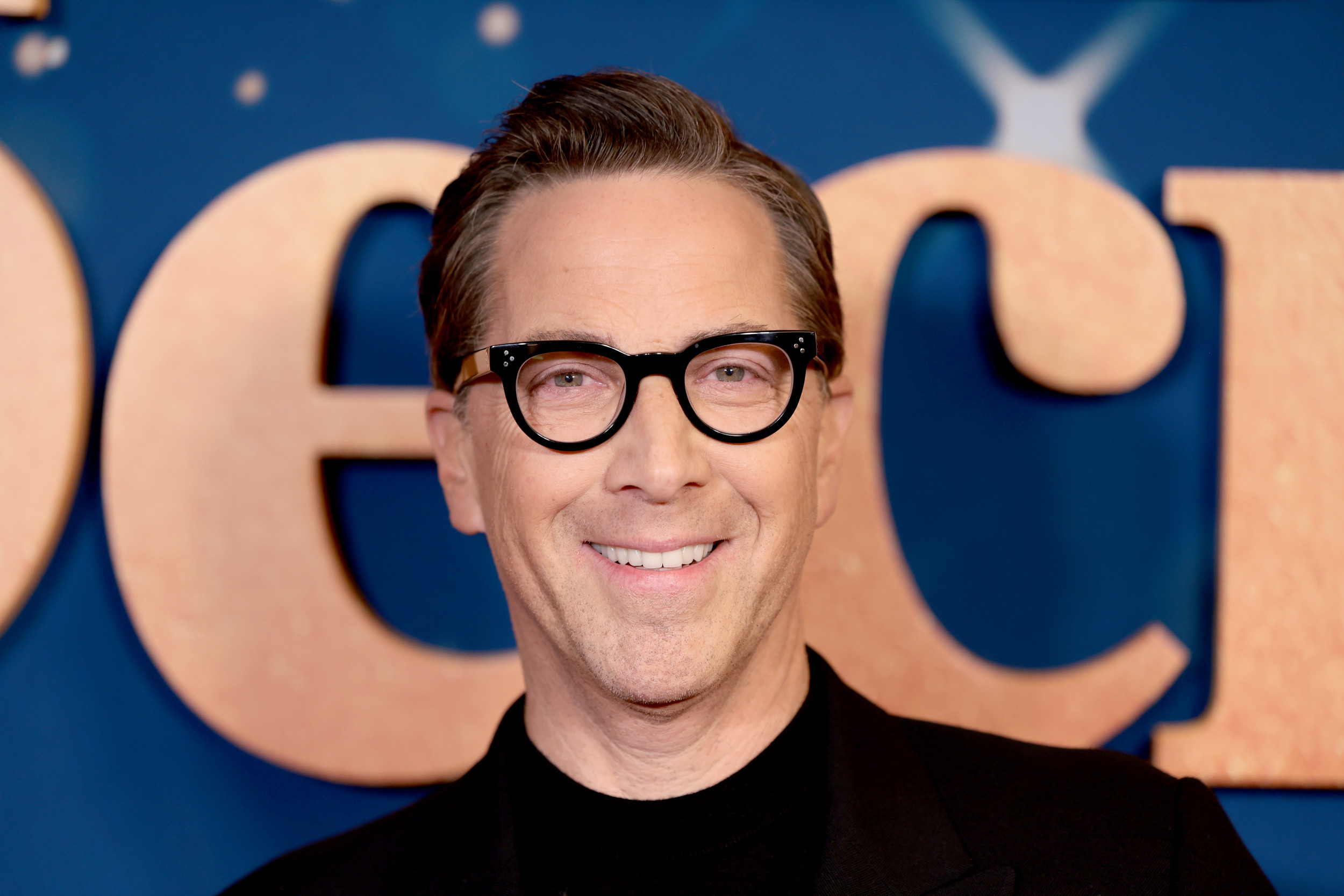Three U.S. NATO allies have been warned by Iran against demanding it cooperates with an atomic energy watchdog to prove it is not escalating its nuclear program.
Iran's Foreign Minister Abbas Araghchi condemned efforts by France, Germany and the United Kingdom to pass an International Atomic Energy Agency (IAEA) resolution which expresses concern over the Islamic Republic's nuclear activities.
The dispute comes as Iran faces increasing pressure from the West over its role in the Middle East conflict and its support for Russia in the war against Ukraine.
Araghchi "strongly condemned the decision of the three countries to present a resolution at the meeting of the Board of Governors of the International Atomic Energy Agency," said a Telegram post by Iran's foreign ministry Wednesday.
"This move of the three European countries is considered in clear opposition to the positive atmosphere created in the interactions between Iran and the Agency," it said.

Newsweek has reached out to Iran's Ministry for Foreign Affairs via email for comment.
At the November 20 IAEA Board of Governors meeting, France stressed "the absolute necessity for Iran to fulfill its obligations under its Safeguards Agreement and fully cooperate with the IAEA to enable it to confirm the exclusively peaceful nature of Iran's nuclear activities," according to a French Foreign Ministry statement shared with Newsweek.
"The nuclear escalation in which Iran is engaged is very worrying and carries major proliferation risks. France, along with its German and British partners, is continuing its efforts to bring about a return to negotiations with Iran with a view to a diplomatic solution," the statement added.
Iran is close to agreeing to limit its stockpile of enriched uranium, according to the IAEA's chief. But Western diplomats remain skeptical.
The latest reports by the IAEA to member states indicate Iran has offered to maintain the current level of its stockpile of 60 percent enriched uranium, according to Reuters, which quoted the watchdog as saying Iran has "begun implementation of preparatory measures," to cap the stock of the high-enriched uranium at 407 Ib.
IAEA director general Rafael Grossi said Wednesday he hopes Iran's move toward capping its stock of uranium just short of weapons grade will hold, but feared the Western-drafted resolution could derail it.
Grossi said he brokered the step in Iran last week, according to Reuters, but diplomats said it was conditional on Western powers abandoning their push for the resolution criticizing Iran Wednesday.
"I think this is a concrete step in the right direction," Grossi told reporters, referring to the move toward the stockpile freeze.
Darya Dolzikova of The Royal United Services Institute, a think tank, told Newsweek: "Iran has had plenty of opportunity to show that it's willing to engage in good faith. There are issues on the table with the IAEA that remain unresolved for Iran, or rather that Iran has not resolved. And there's plenty of opportunity for Iran to demonstrate that it's willing to engage in potential nuclear negotiations."
The Proliferation and Nuclear Research Fellow added that Iran is particularly under pressure at present because of attacks on Hezbollah, the death of the militant group's leader, Hassan Nasrallah, and the Israel-Gaza war in general.
"The conflict in the region plus the election of Trump has made Iran more vulnerable and it will react on the nuclear side most likely. It's just a question of in which direction it will react," Dolzikova said.
Diplomats say the West's aim is to pressure Iran into negotiations to agree fresh restrictions on its nuclear activities before those in a 2015 deal with major powers expire, according to Reuters. The deal unraveled after then-President Donald Trump pulled the United States out of it in 2018
Iran has a complex relationship with President-elect Trump. Following his election victory, Iran issued a statement saying it sees elections as an opportunity to reassess previously policy, and will judge the U.S. based on its actions.
Britain, France and Germany are pressing ahead with what would be their fourth resolution against Iran since 2020.
Newsweek has reached out to the U.K, and German foreign ministries via email for comment.
Dolzikova told Newsweek that there is an "obvious focus Europeans and Americans want to place on Iran for the provision of weapons to Russia."
"There is very much a recognition of the role Iran plays in the Ukraine conflict," she said. "It's very likely that those two issues will in some way become tied to the nuclear issue and Iran's role in Ukraine."
Araghchi's condemnation of France, Germany and the U.K's IAEA resolution comes after the EU approved new sanctions this week against Iran for cooperating with Russia.
The republic's foreign ministry spokesperson Esmaeil Baghaei, said they had been imposed over "baseless," accusations of ballistic missiles being transferred to Russia. He said in a statement: "The EU and UK's sanctions against Iran on this pretext are entirely unjustifiable and lack any legitimacy or legal or rational basis." .
Do you have a story we should be covering? Do you have any questions about this story? Contact LiveNews@newsweek.com.




















 English (US) ·
English (US) ·